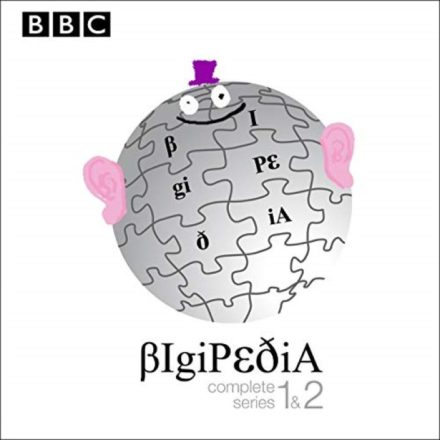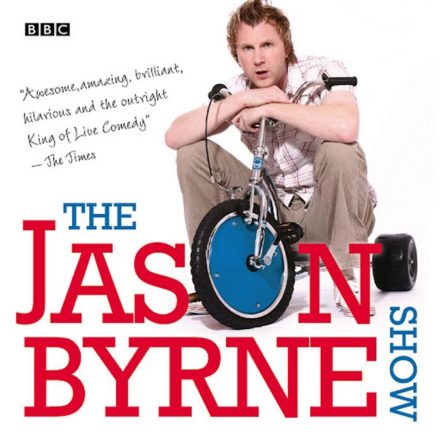Members get information about when streams/downloads become available, as well as accessing podcast RSS feeds for freely-available content to make listening to great shows a breeze, Register Here
John James Osborne was an English playwright, screenwriter, actor, and entrepreneur. Born in London, he lived in poverty for several years before his third play, Look Back in Anger (1956), brought him national fame. Osborne was regarded as part of a wider cultural and literary movement in post-WWII Britain known as kitchen sink realism, which utilised social realist depictions of domestic situations to address disillusionment with British society in the waning years of the Empire. The phrase “angry young man,” used by theatrical press officer George Fearon to describe Look Back in Anger, was subsequently used as the name for a loosely-defined group of predominantly working class and left-wing writers within this movement, with Osborne considered its leading figure. The Entertainer (1957), Luther (1961), and Inadmissable Evidence (1964) were also well-received, Luther winning the 1964 Tony Award for Best Play.
In 1958 he partnered with Look Back in Anger director Tony Richardson and film producer Harry Saltzman to form Woodfall Film Productions, initially in order to produce the 1959 film adaptation of Anger, also directed by Richardson. Under Richardson’s leadership, Woodfall subsequently went on to produce some of the most celebrated British films of the 1960s, many of them part of the British New Wave which grew out of kitchen sink realism. These include adaptations of the Entertainer (1960), and Inadmissible Evidence (1968), both written or co-written by Osborne, as well as Tom Jones (1963), for which he won the Best Adapted Screenplay Oscar.
Collected here are a number of Osborne plays, broadcast on BBC Radio over 5 decades.
Look Back in Anger – The play follows Jimmy Porter and his wife Allison as it explores the generation which didn’t participate in World War 2 and is both angry and disappointed in the world it created. John Osborne’s classic play that launched the Angry Young Man movement has lost none of its bite and still disturbs and questions in equal measure.
The Entertainer – Set in the 1950s, Archie Rice is a seedy third-rate comic in a tatty twice-nightly seaside show. Archie’s tragedy mirrors not only the dying music hall, but a dying era, symbolic of the decline of post-war Britain. John Osborne’s potent drama was first produced on stage in 1957.
The Charge of the Light Brigade – John Osborne’s unperformed screenplay of the famous Charge of the Light Brigade at the battle of Balaclava in the Crimean War encapsulates all the grandeur and folly of war.
Nothing in British military history has ever equalled the tragic farce that was the charge of the Light Brigade. John Osborne’s screenplay captures the spirit of this military disaster in which the fatal mismanagement of the events rested with the Earls of Cardigan (Charles Dance) and Lucan (Sir Donald Sinden), brothers-in-law and sworn enemies for more than thirty years.
The fatal message for the troop to charge was carried by Captain Nolan (Joseph Fiennes) and the whole scene was witnesses by the Commander in Chief, Lord Raglan (Alec McCowen) and General Airey (Geoffrey Palmer) from the heights above the battlefield.
The radio version opens in London with Osborne (Michael Feast) himself writing the screenplay and setting the scene (taken from Osborne’s own directions) in which the characters and situation emerge whereby this giant folly occurred.
Luther – A psychological study of the religious reformer Martin Luther, who is portrayed as an angry man struggling with self-doubts and his desire to believe. With the Pope using the sale of indulgences to fund his own obsessions and works, Luther had begun to see the church as corrupt. Luther reputedly hammered his 95 theses on the door of All Saints Church, Wittenberg – starting what became known as the Reformation. He was excommunicated in 1521.
The Right Prospectus – An affluent middle-class couple look for “the proper school”, not for their children but for themselves. Based upon the prospectuses they study, they select and enrol at Crampton’s School. When they arrive, they are immediately treated like every other pupil; no-one responds to them as adults at any point in the play.
A Patriot for Me – Set in the decadent society of Austria-Hungary and Poland between 1890 and 1913, A Patriot for Me centres on an ambitious rising star in the army, whose journey of self-discovery leads to blackmail, betrayal and murder. Redl is compromised by his newly realised sexual freedom and is compelled by the Russian army to spy on the country and countrymen he cares for.
Dearest Squirrel – the John Osborne Letters – John Osborne met Pamela Lane in 1951 and within three months the couple were married. So began an extraordinary love affair that lasted over 30 years. The letters between John Osborne and his first wife, actress Pamela Lane, are also a love letter to a now defunct system of repertory theatre and life in post-war Britain.
As these letters reveal, soon after their divorce, Osborne and Lane began a mutually supportive, loyal, frequently stormy and sometimes sexually intimate alliance lasting thirty years until Osborne’s death. By the mid-1980s, they had become closer and more trusting than they had been since their earliest years together.
“You are for me what you always were,” Pamela told him, “I am in love with you still.” It is, he replied, “my fortune to have loved someone for a lifetime.” Acerbic, witty, candid and heartbreaking, the letters reveal a unique relationship – troubled, tender and enduring.
Episode List
- 01 – Look Back in Anger
- 02 – The Entertainer
- 03 – The Charge of the Light Brigade
- 04 – Luther
- 05 – The Right Prospectus
- 06 – A Patriot For Me part1
- 07 – A Patriot For Me part2
- 08 – Dearest Squirrel



















